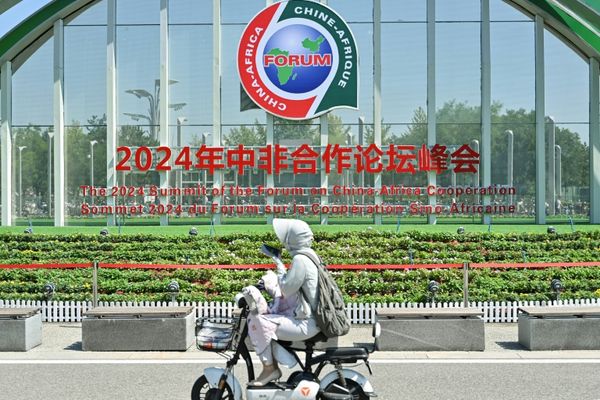
China has embarked on a pilot program allowing asset investment companies (AICs) to expand into venture capital investment in Beijing aiming to drive forward the technology and innovation sectors.
China currently has five AICs, each backed by one of the major state banks: the Industrial and Commercial Bank of China (ICBC), the Agricultural Bank of China (ABC), the Bank of China (BOC), the China Construction Bank (CCB) and the Bank of Communications (BoCom).
Established in 2016, these AICs were created to engage in debt-to-equity swaps as part of the country’s deleveraging campaign aimed at reducing financial risks and promoting corporate reforms.
Their primary business focuses on assisting companies with debt-to-equity conversions. This includes acquiring banks’ claims on enterprises, restructuring and disposing of debts, investing in corporate equity and raising funds from qualified investors.
The pilot program, launched by the National Financial Regulatory Administration (NFRA), the Beijing municipal government and the National Development and Reform Commission (NDRC), expands the investment scope of the AICs beyond their traditional focus on debt-to-equity swaps to include direct equity investments in the city, according to a statement on the NFRA’s website.
It aims to use the strengths of large state-owned banks, such as their solid tech finance foundation and strong risk identification, to accelerate capital flow toward new productive forces.
The program focuses on early-stage, small-scale and long-term technology investments to support innovation in China.
The Beijing pilot will aim to develop practices that can be replicated and scaled up, the statement added.
The pilot followed a directive issued by the State Council in January promising to promote high-quality venture capital development, including expansion of direct equity investment pilots by AICs.
Caixin learned that the NFRA and the NDRC conducted multiple rounds of research on the five major AICs to help the rollout of these pilots in Beijing and other regions.
In 2020, the former China Banking and Insurance Regulatory Commission gave approval to the five AICs to make pilot equity investments in Shanghai, to support the construction of the Lingang New Area in the Shanghai Pilot Free Trade Zone and the economic restructuring and upgrading in the Yangtze River Delta region.
Since then, the AICs have set up a number of equity investment funds with partners in Shanghai, targeting investments in technology, biotech, health care, carbon reduction and advanced manufacturing. These include a 10 billion-yuan ($1.4 billion) fund backed by ICBC Financial Asset Investment Co. Ltd, JZ Capital and Zhong Ou Asset Management Co. Ltd., and a 600-million-yuan fund by ABC Financial Asset Investment Co. Ltd., JZ Capital and CPI Ronghe Asset Management Co. Ltd.
However, the five AICs have conducted only a few direct equity investment deals in Shanghai, and their scale is relatively small, industry sources said.
“The challenge with tech and innovation investments is their smaller size and higher risk compared with debt-to-equity swaps,” according to an investor. “Balancing support for these investments with effective risk management requires further exploration, including discussions on the funding structure between AIC contributions and external fundraising.”
By the end of 2023, ICBC Financial Asset Investment reported total assets of 178.6 billion yuan while ABC Financial Asset Investment had 122 billion yuan. Their peers backed by CCB, BoCom and BOC posted assets of 129 billion yuan, 65 billion yuan and 87.9 billion yuan respectively.
Contact reporter Han Wei (weihan@caixin.com)










